Parasitism
Parasitism is a type of symbiotic relationship between two organisms, where one organism, known as the parasite, benefits at the expense of the other organism, known as the host. The parasite derives its nourishment from the host, and in some cases, may also cause harm to the host.
Characteristics of Parasitism:- One organism (parasite) benefits while the other (host) is harmed
- The parasite depends on the host for its survival and reproduction
- Parasites have specialized adaptations for attaching to or invading the host
- Hosts may exhibit various immune responses to defend against parasites
- Fleas on dogs or cats: Fleas feed on the blood of the host animal and can cause skin irritation and allergic reactions.
- Tapeworms in the human digestive system: Tapeworms absorb nutrients from the host's intestine, leading to malnutrition and other health problems.
- Mistletoe on trees: Mistletoe plants attach to trees and obtain water and nutrients from the host, often weakening the tree.
- Define parasitism and explain the role of the parasite and the host in this relationship.
- Identify and describe at least three examples of parasitism in different ecosystems.
- Explain the adaptations that parasites have for attaching to or invading their hosts.
- Discuss the impact of parasitism on the health and survival of host organisms.
- Compare and contrast parasitism with other symbiotic relationships such as mutualism and commensalism.
Parasitism is a fascinating ecological phenomenon that plays a significant role in shaping ecosystems and the interactions between different species. Understanding parasitism is essential for comprehending the complexity of ecological relationships and the impact of parasites on the health of host organisms.
.◂Science Worksheets and Study Guides Sixth Grade. Maps as models of the earth/Contour models
Study Guide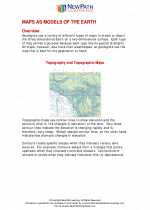 Maps as models of the earth/Contour models
Maps as models of the earth/Contour models  Worksheet/Answer key
Worksheet/Answer key Maps as models of the earth/Contour models
Maps as models of the earth/Contour models  Worksheet/Answer key
Worksheet/Answer key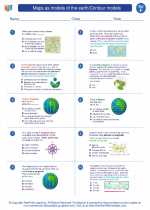 Maps as models of the earth/Contour models
Maps as models of the earth/Contour models  Worksheet/Answer key
Worksheet/Answer key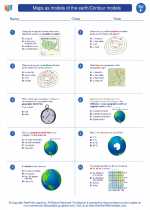 Maps as models of the earth/Contour models
Maps as models of the earth/Contour models  Vocabulary/Answer key
Vocabulary/Answer key Maps as models of the earth/Contour models
Maps as models of the earth/Contour models  Vocabulary/Answer key
Vocabulary/Answer key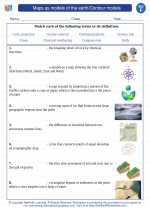 Maps as models of the earth/Contour models
Maps as models of the earth/Contour models  Vocabulary/Answer key
Vocabulary/Answer key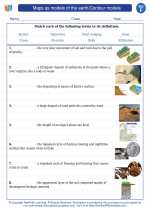 Maps as models of the earth/Contour models
Maps as models of the earth/Contour models  Vocabulary/Answer key
Vocabulary/Answer key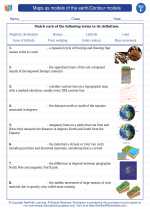 Maps as models of the earth/Contour models
Maps as models of the earth/Contour models  Vocabulary/Answer key
Vocabulary/Answer key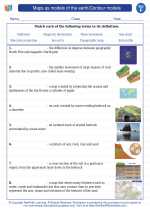 Maps as models of the earth/Contour models
Maps as models of the earth/Contour models 

 Worksheet/Answer key
Worksheet/Answer key
 Worksheet/Answer key
Worksheet/Answer key
 Worksheet/Answer key
Worksheet/Answer key
 Vocabulary/Answer key
Vocabulary/Answer key
 Vocabulary/Answer key
Vocabulary/Answer key
 Vocabulary/Answer key
Vocabulary/Answer key
 Vocabulary/Answer key
Vocabulary/Answer key
 Vocabulary/Answer key
Vocabulary/Answer key

The resources above cover the following skills:
EARTH AND SPACE SCIENCE
Earth’s Systems
Students who demonstrate understanding can:
Develop a model to describe the cycling of Earth’s materials and the flow of energy that drives this process.